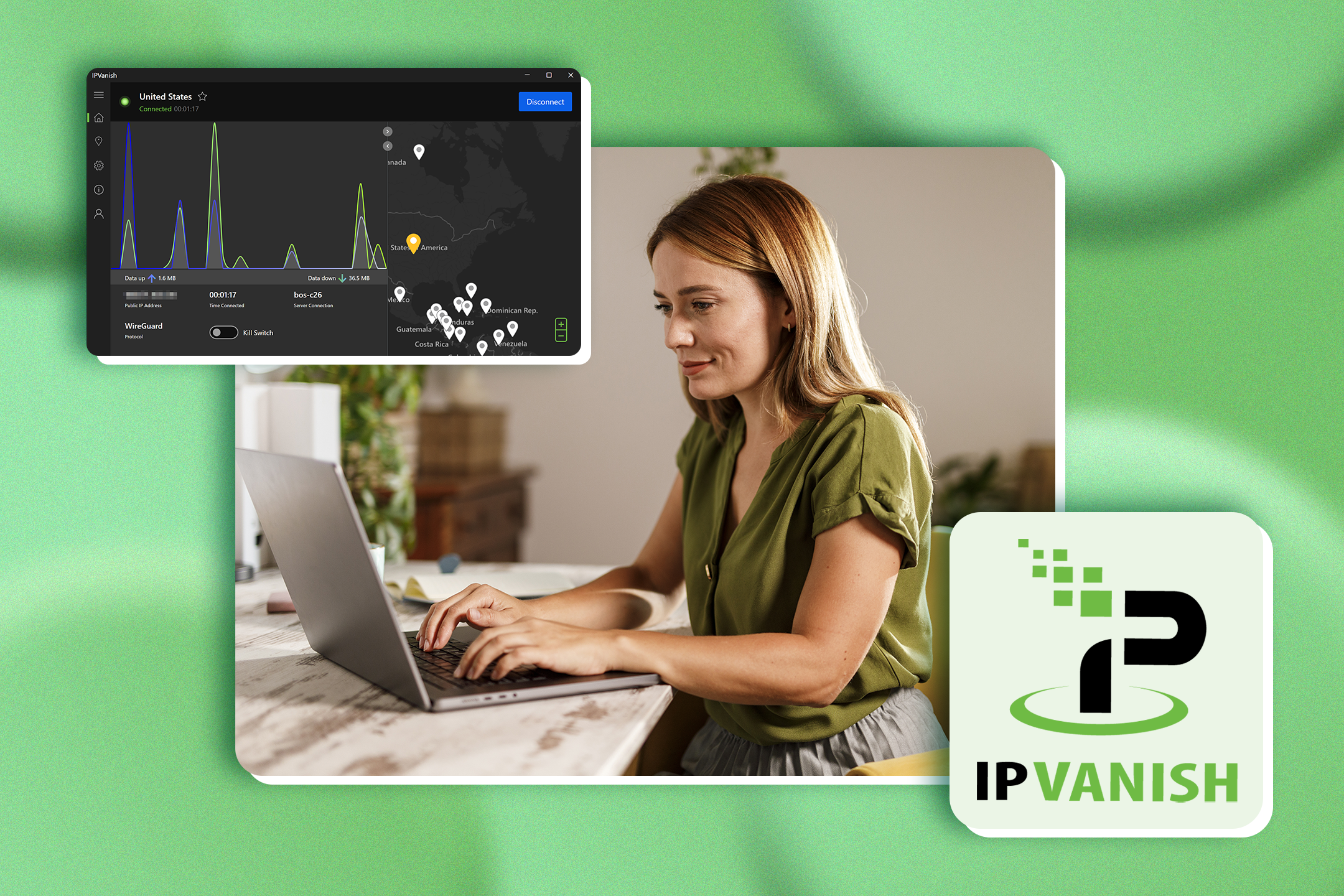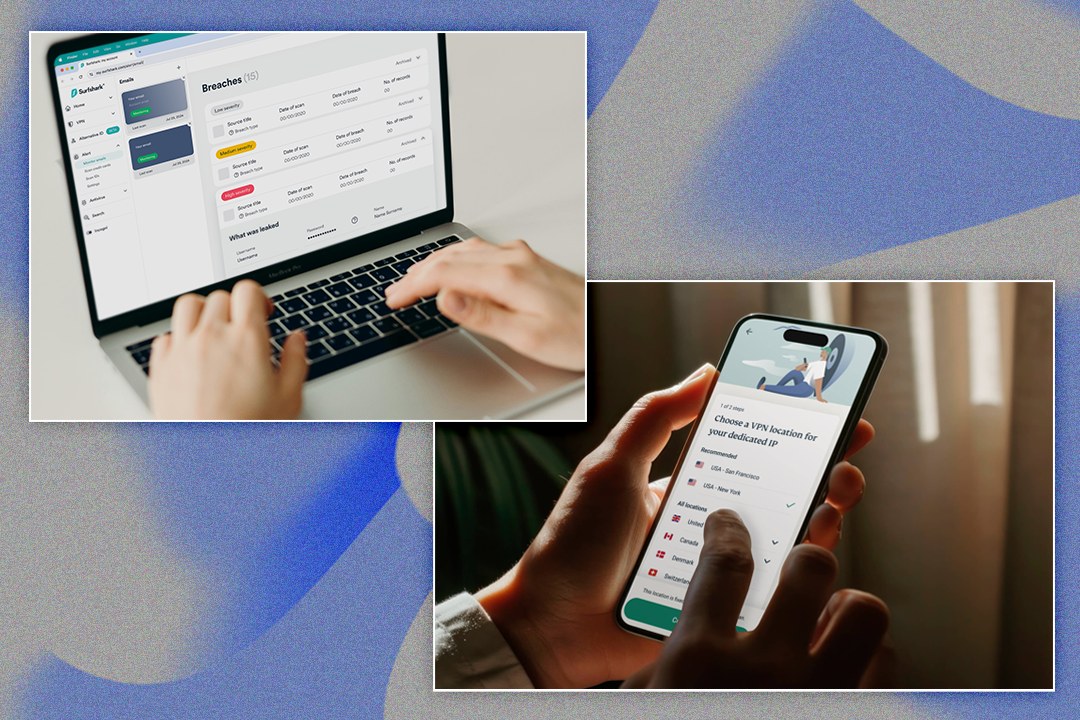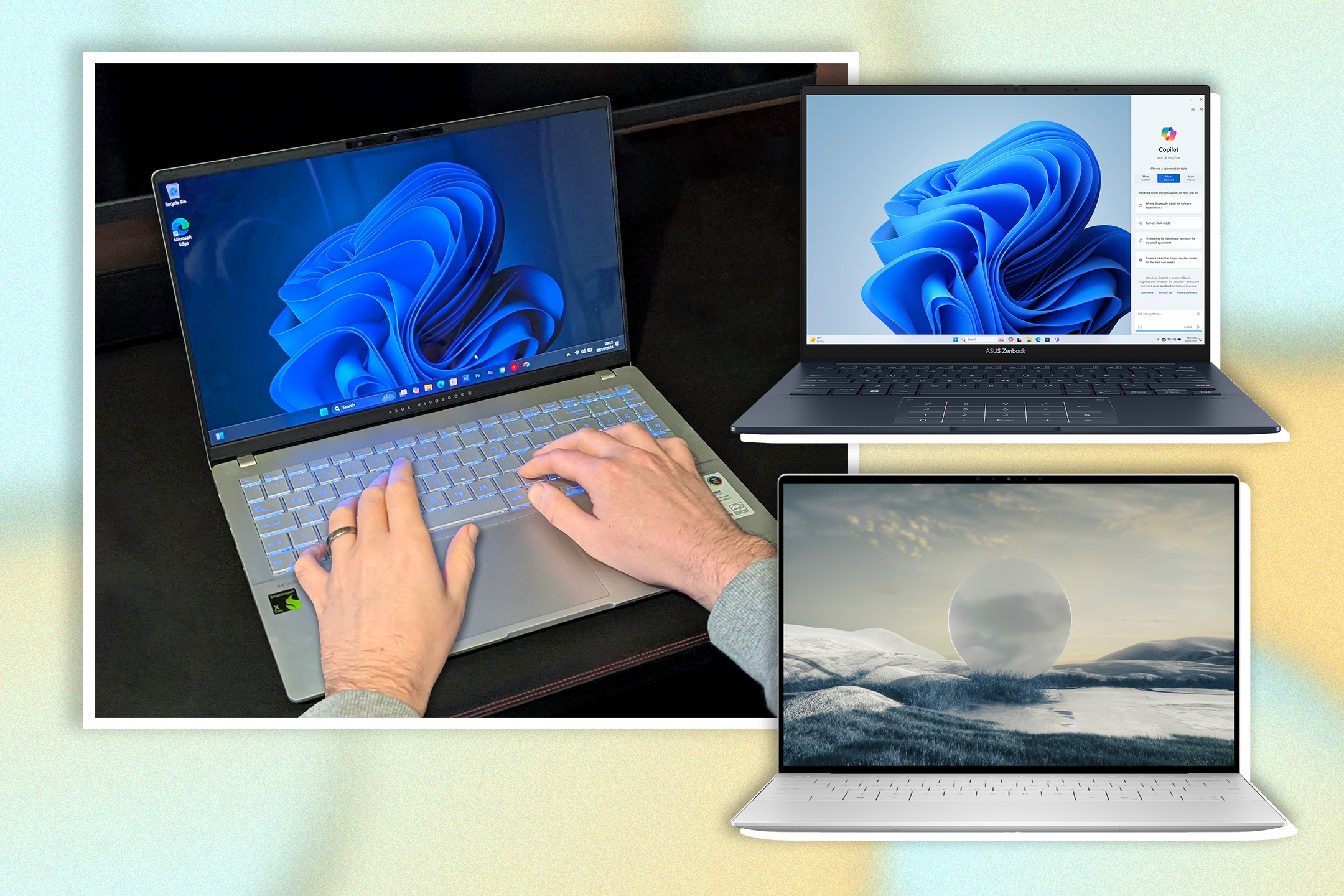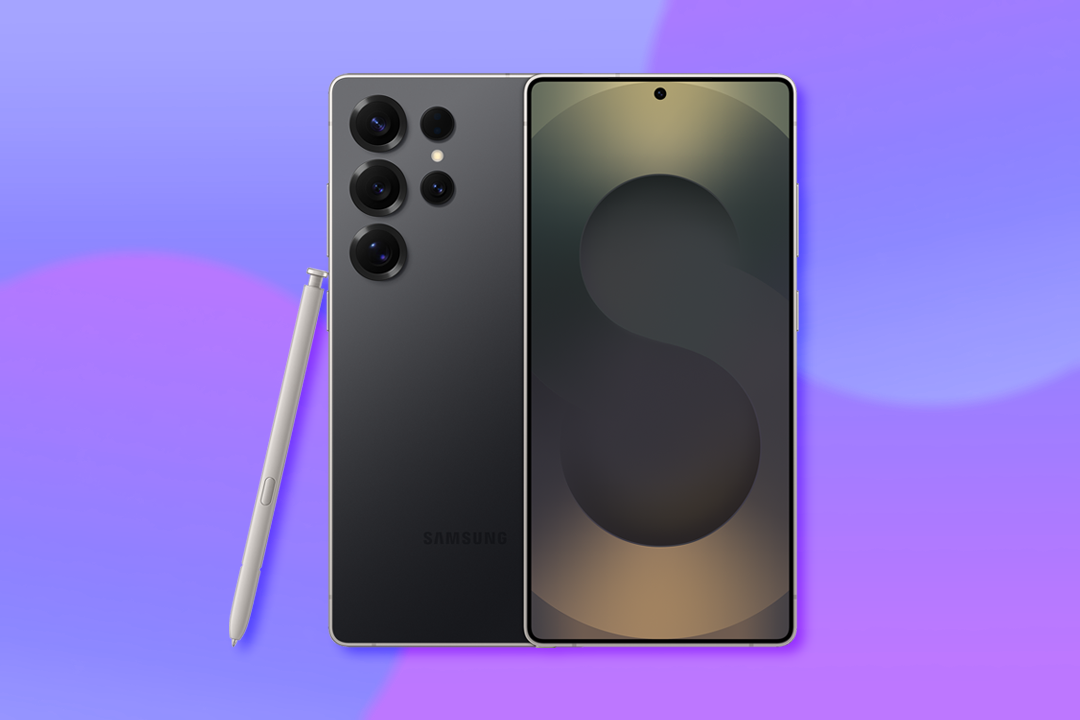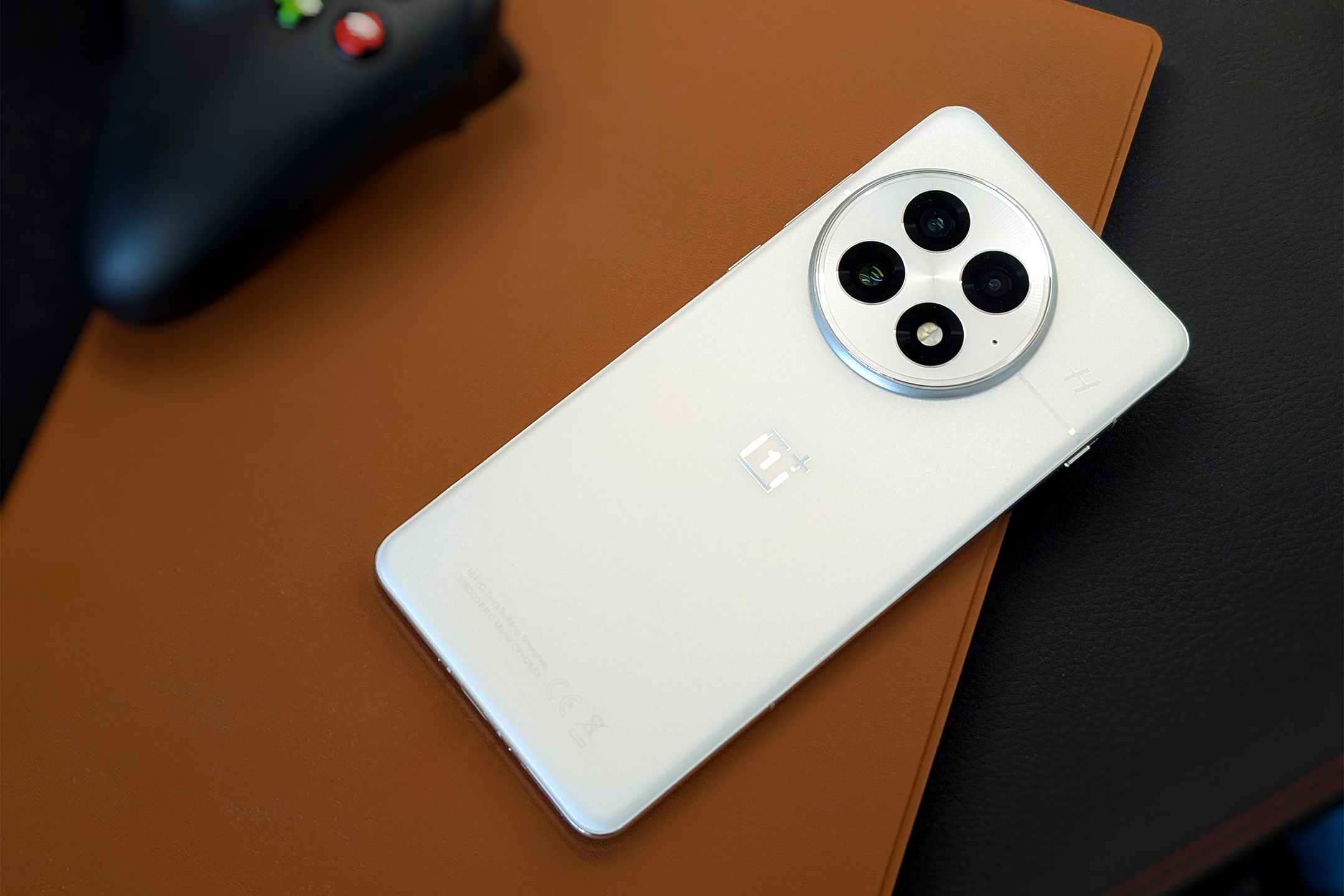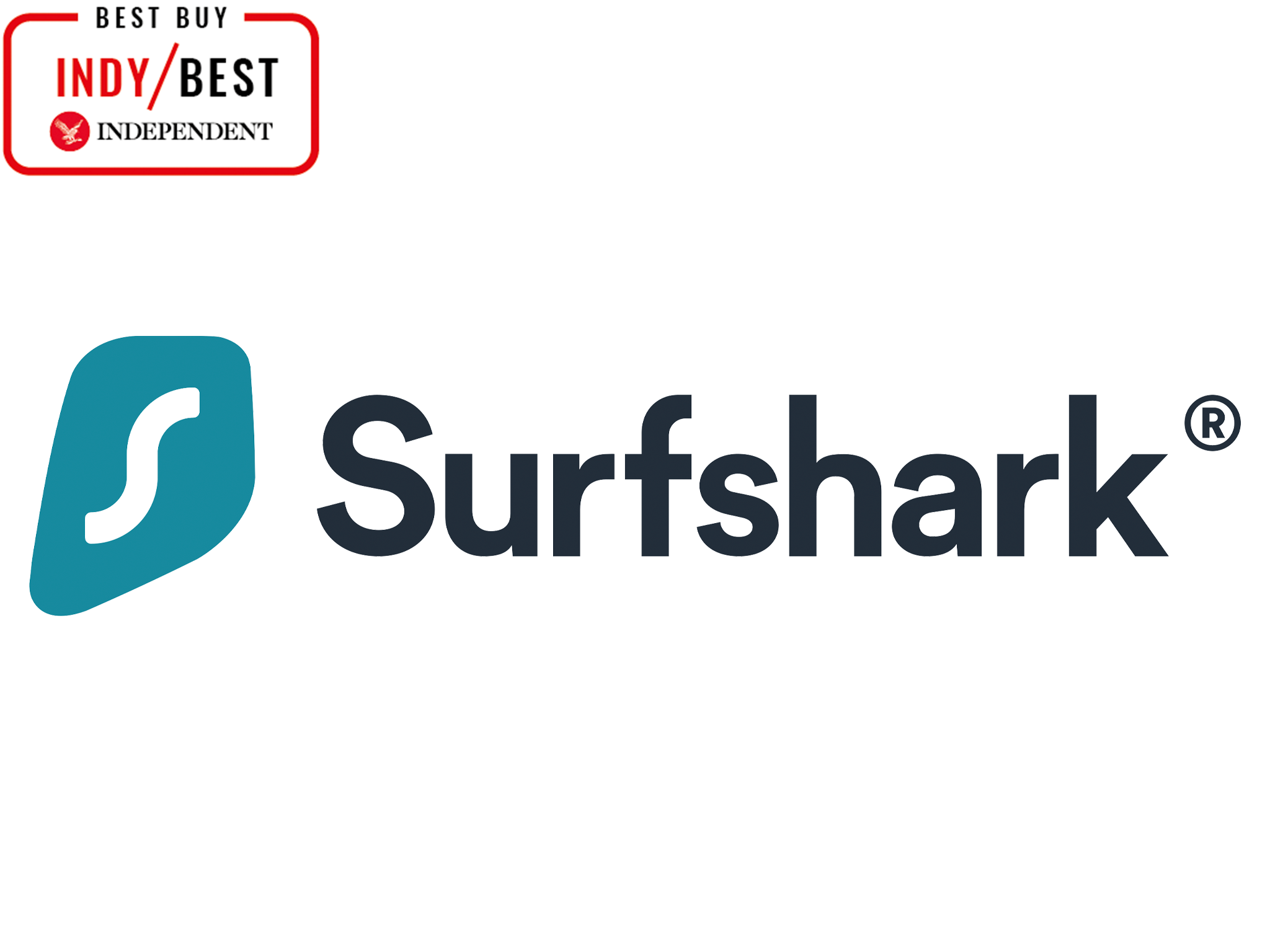
The Independent's journalism is supported by our readers. When you purchase through links on our site, we may earn commission. Why trust us?
The best cheap VPNs that actually work
Upgrade your streaming with our expert's tried-and-tested guide on the cheapest VPN services of 2025
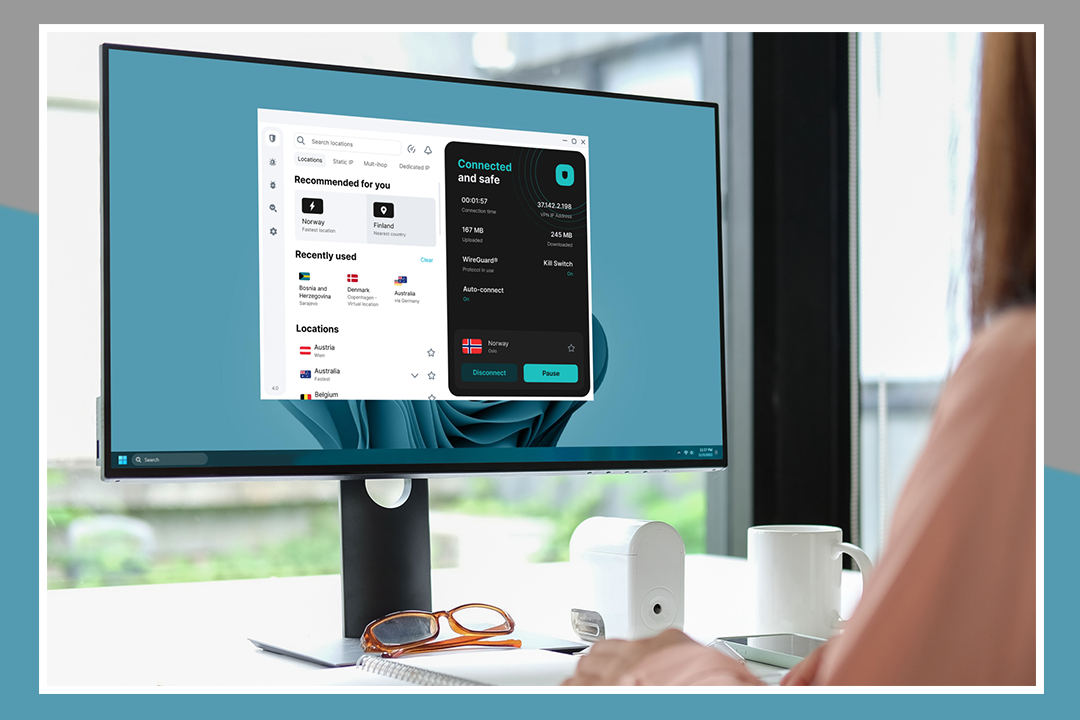
- 1
 2
2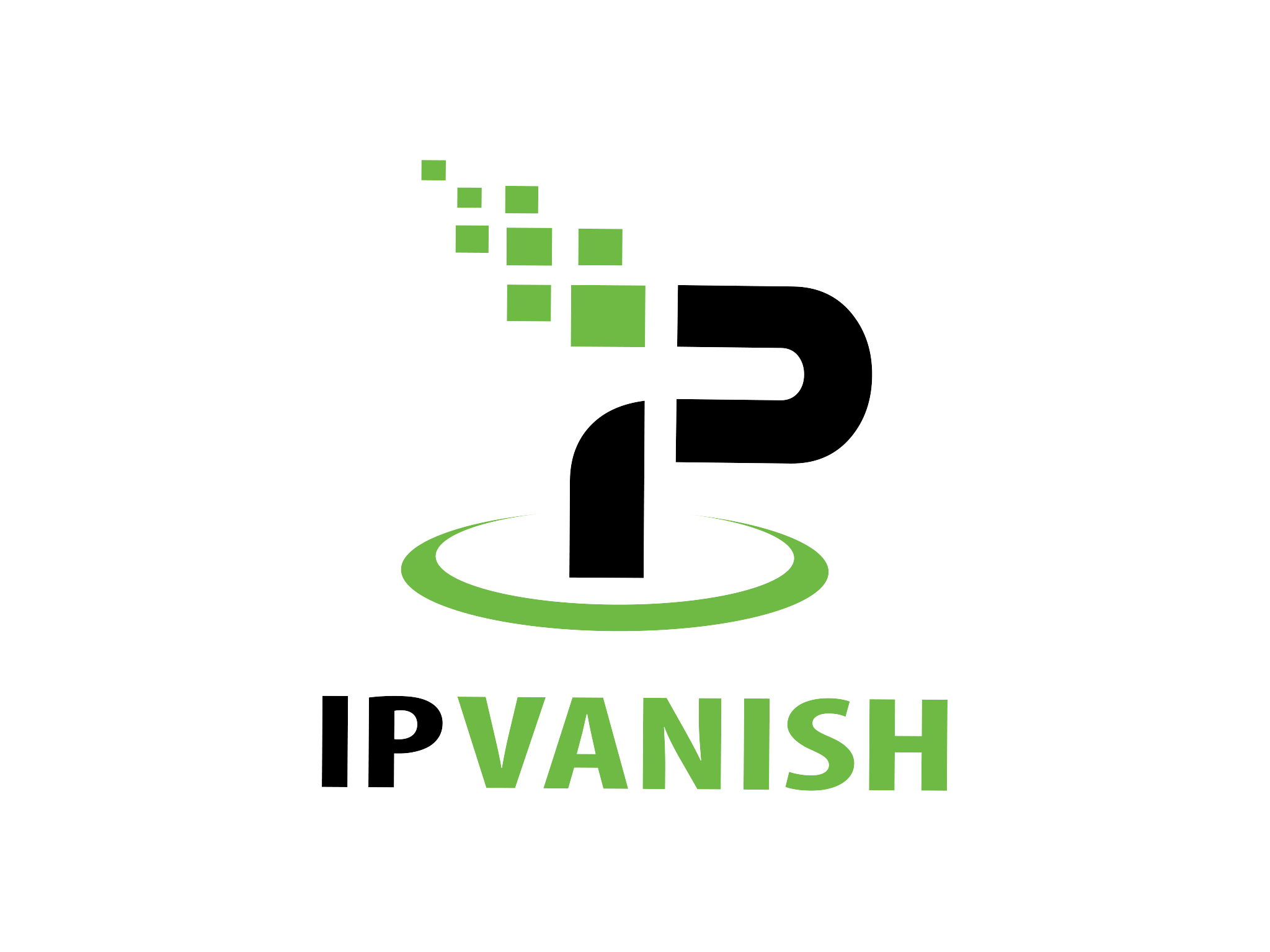
- 3
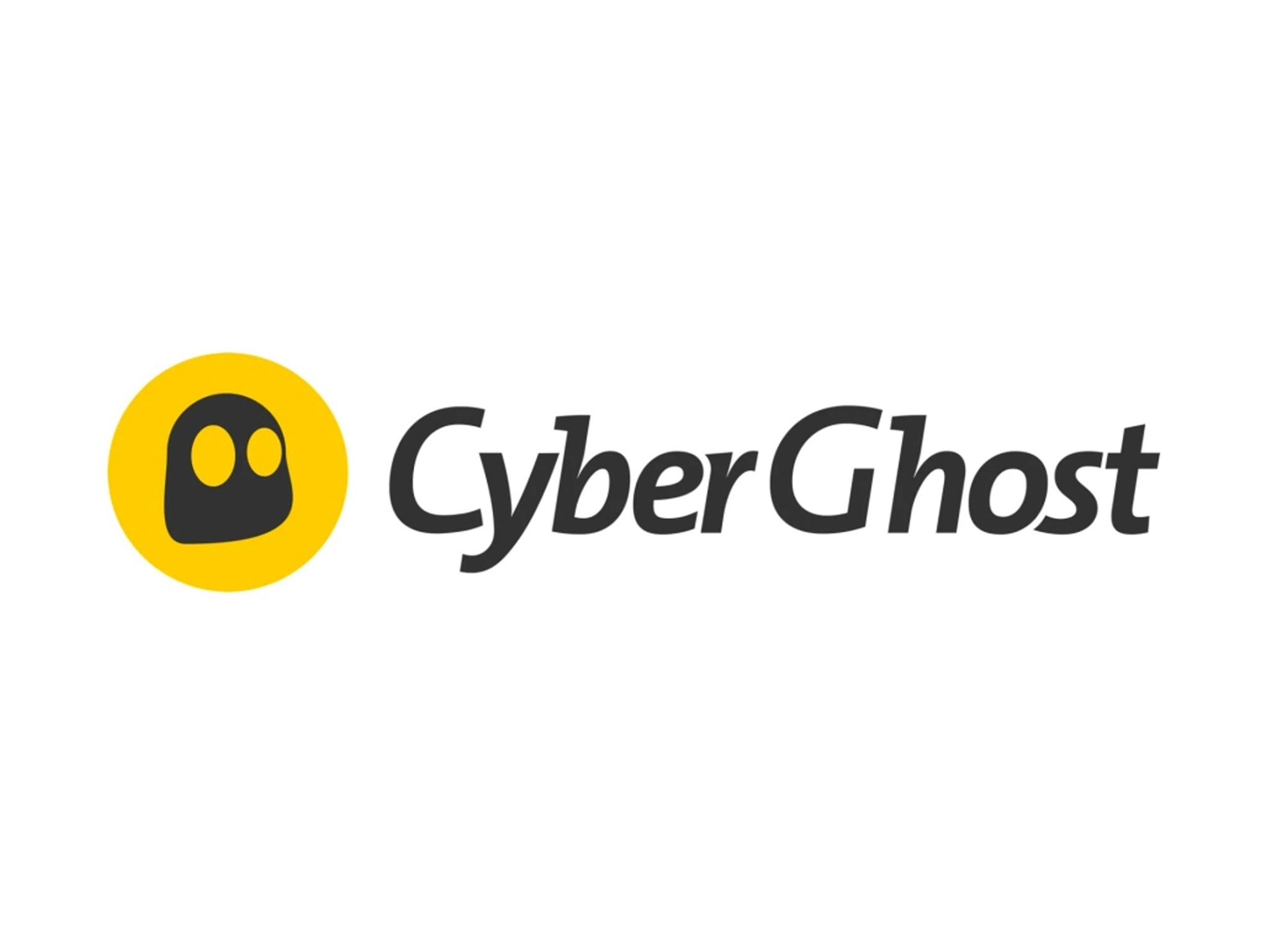 4
4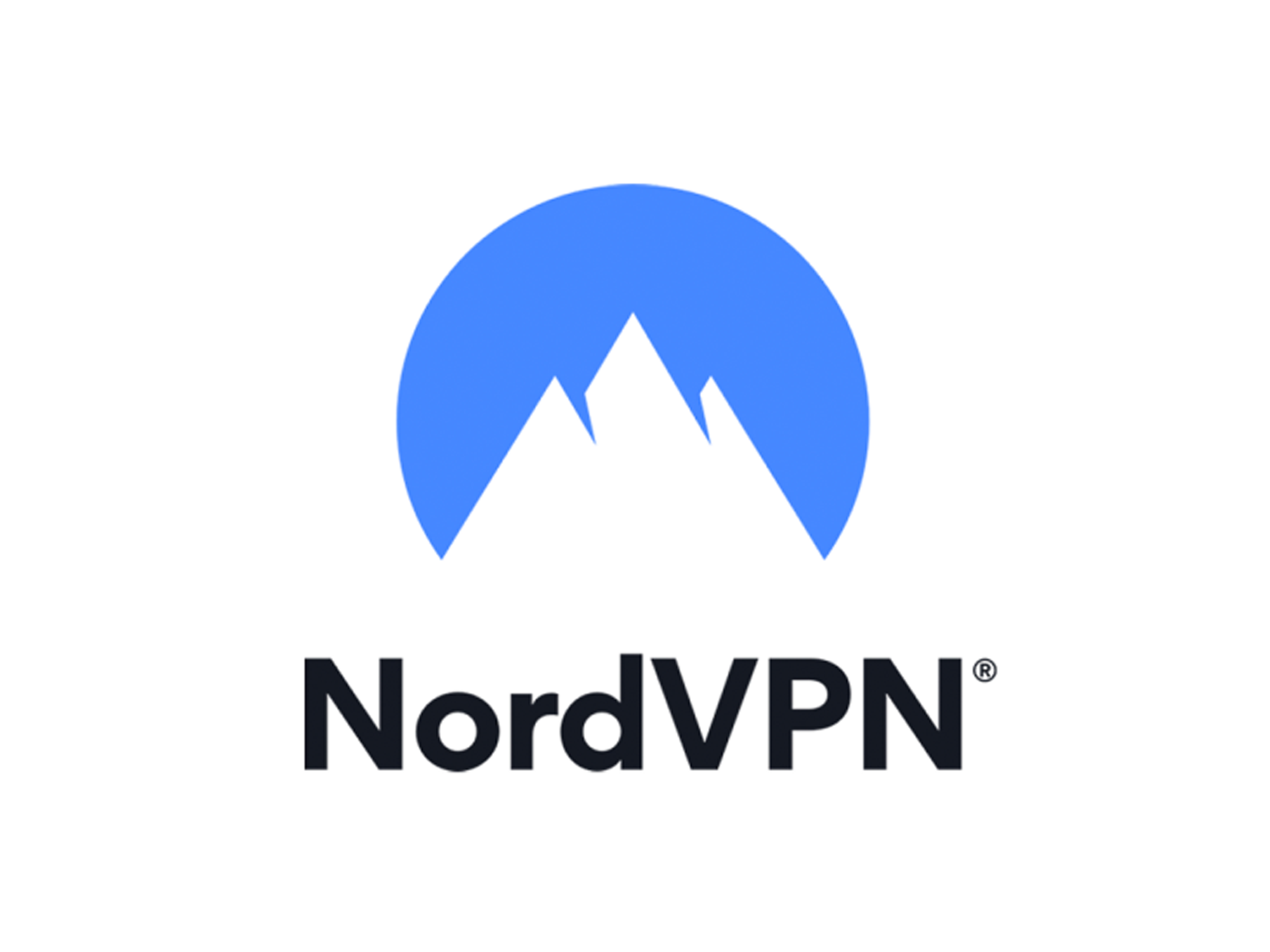
A VPN doesn’t have to cost a fortune. While some of the best VPNs can charge eye-watering monthly fees, there are plenty of cheap VPNs that still deliver rock-solid security, fast speeds and reliable connections. The trick is knowing which ones are actually worth your while – a VPN that constantly disconnects or crawls at a snail’s pace isn’t much use.
While a free VPN might sound attractive, they often come with strings attached – slow speeds, intrusive ads, limited data and questionable privacy policies. Some even sell your data, which defeats the whole point of using a VPN in the first place.
If you want a VPN that actually works – and doesn’t break the bank – a cheap paid option is usually the way to go. As a tech expert, I’ve tested a range of affordable VPNs to find the ones that strike the right balance between price and performance.
Whether you need a VPN for security or just want to keep your browsing private, I’ve rounded up the best cheap VPNs that don’t skimp on features.
How I tested
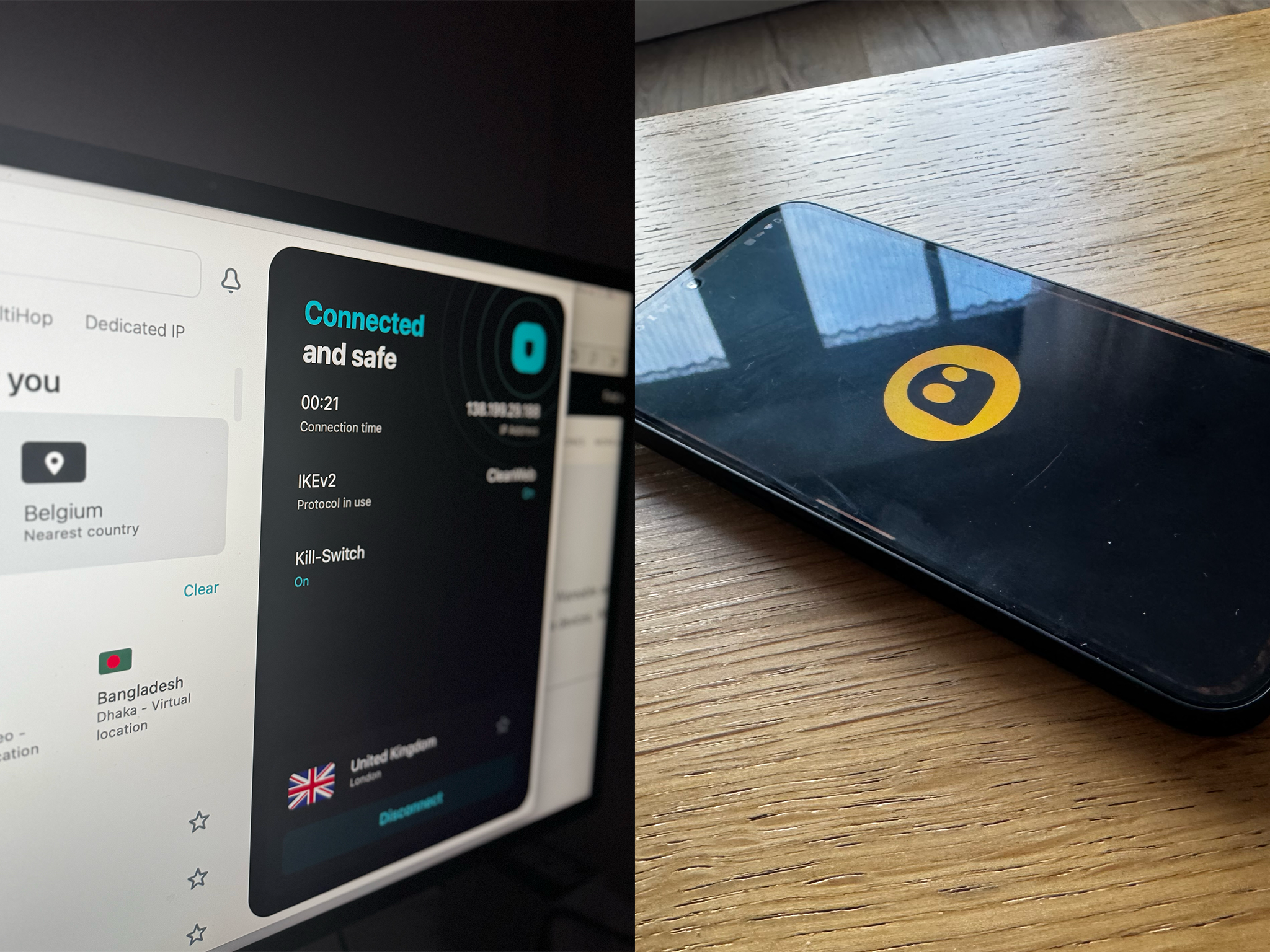
To find the best cheap VPNs, I put each provider through its paces on a range of devices, including a Windows laptop, a MacBook Pro, an iPhone 15 Pro Max and an Android Nothing Phone. I installed the apps, connected to multiple servers and ran speed tests to see how well they performed during everyday browsing, streaming and gaming.
Since security is arguably more important than price, I also checked for key features such as encryption standards, no-logs policies and extra privacy tools such as kill switches, split tunnelling and any cybersecurity features. I looked at whether these budget-friendly VPNs could still access streaming services while travelling, how reliable their connections were and whether they had any data caps or restrictions.
Of course, the biggest thing was affordability, so, I compared pricing plans, discounts and money-back guarantees to make sure they offered real value. One thing to note is some of these providers only become cheap when you opt for a one- or two-year plan. Make sure you cancel before your plan is up, or you will be charged an extortionate fee in most cases, making the VPN the very opposite of cheap.
Why you can trust us
With more than eight years of experience testing and writing about tech and cybersecurity – including VPNs – senior tech critic Alex Lee knows what makes a service worth your time and money. He’s personally used VPNs, so, he understands which features actually matter. His recommendations are based on hands-on testing, detailed research and comparisons of key essentials, such as speed, security and pricing. Having also written extensively about cybersecurity, he knows what to look out for and is here to help you find the best VPN for your needs.
The best cheap VPNs for 2025 are:
- Best overall – Surfshark VPN: From £1.69, Surfshark.com
- Best for advanced users – IPVanish VPN: From £1.58, Ipvanish.com
- Best for streaming – CyberGhost VPN: £1.92, Cyberghostvpn.com
- Best for features – NordVPN: From £2.59, Nordvpn.com
1Surfshark VPN

- Best: Overall
- Number of servers: More than 9,700
- Server locations: More than 100
- Number of simultaneous devices supported: Unlimited
- Devices supported: Windows, Mac OS, Linux, iOS, Android, Fire TV and more
- Money-back guarantee: 30 days
- Why we love it
- Packed with features
- Fast and reliable
- Easy to use
- Customisable
- Take note
- Some features exclusive to Windows and Android
Surfshark might have a low price tag, but that doesn’t mean it’s a budget VPN in terms of quality. Quite the opposite – it holds its own against (and even outperforms) some of the pricier options in my review of the best VPNs.
One of the best-value VPNs I’ve tested, Surfshark lets you install it on an unlimited number of devices with a single subscription, securing all your gadgets without having to pay extra. It’s fast, secure and feature-packed, with speeds only dropping by around five per cent when I connected to the nearest UK server.

The clean and approachable interface makes it easy to navigate, and you get a choice of multiple protocols, including WireGuard and OpenVPN, allowing you to balance security and speed. Standard AES-256 encryption (often called military grade), a recently improved kill switch and split tunnelling on all apps give you more control over your traffic.
A standout feature is ‘MultiHop’, which routes your connection through two servers instead of one, for an extra layer of security – something even the most expensive VPNs don’t always offer. The Alternative ID feature, included in the starter plan, is another clever touch, letting you generate a fake name, address, email and phone number to help dodge spam and data leaks. It also worked with every UK streaming service I tested.
Most people will be fine with the cheapest starter package but, if you want antivirus and Surfshark’s non-trackable search engine, you can upgrade to the Surfshark one bundle for a bit extra.
At the time of writing, a 27-month subscription to Surfshark starter costs £45.63 up front – just £1.69 per month, which is an absolute steal. The catch? You must cancel before the 27 months are up or you’ll be hit with a horrifying £331.83 renewal fee for another two years. I’ve heard horror stories of people forgetting and being charged full price. If you only need a VPN for a month, Surfshark isn’t the cheapest, costing £12.29 per month.
2IPVanish VPN

- Best: For advanced users
- Number of servers: More than 9,700
- Number of server countries: More than 108
- Number of simultaneous devices supported: Unlimited
- Devices supported: Windows, Mac OS, Linux, iOS, Android, Fire TV and more
- Money-back guarantee: 30 days
- Why we love it
- Decent speeds for gaming and streaming
- Comes with a threat manager
- Take note
- Outdated design
- Streaming performance could be better
IPVanish is very slightly cheaper than Surfshark. It offers decent performance for gaming and streaming, and lots of customisable settings. Like Surfshark, a single subscription lets you use it on an unlimited number of devices, though speeds aren’t as fast. My download speeds dropped by around 10 per cent when connected to the nearest UK server. It includes AES-256 encryption, a kill switch, split tunnelling and threat protection, which helps block malicious websites – something you’d have to pay extra for with Surfshark. It also supports WireGuard, OpenVPN and IKEv2 protocols.

In terms of streaming, IPVanish worked with Netflix UK, letting me stream in 4K without buffering, and BBC iPlayer worked fine, but I did have some trouble accessing Prime Video. The interface also feels a little dated and clunky, especially on Android, and while there are lots of manual settings, the app isn’t the most user-friendly, making it less ideal for beginners.
At the time of writing, a two-year essential plan costs £45.55, which works out to be £1.58 per month. There’s no free trial, but a 30-day money-back guarantee is available. It’s a solid choice for gaming and streaming but Surfshark is easier to use and offers more features for less. Again, ensure you cancel your subscription before the two years are up, or you’ll be charged an extortionate £239.76.
3CyberGhost VPN

- Best: For streaming
- Number of servers: More than 9,700
- Number of server countries: More than 100
- Devices supported: Seven
- Operating systems supported: Windows, Mac, Linux, Fire TV, Fire Stick, Android, iOS, routers and more
- Money-back guarantee: 45 days
- Why we love it
- Generous 45-day money-back guarantee
- Easy to use
- Great for streaming
- Take note
- Not many advanced features
- Pretty basic
- Windows-first approach
If you’re looking for a VPN that’s built for streaming, look no further than CyberGhost. Affordable and easy to use, it has dedicated servers for Netflix, BBC iPlayer, Prime Video and more.
Speeds dropped by five to 10 per cent when connected to the nearest UK server, which is fast enough for 4K streaming without buffering. A single subscription covers seven devices, though this is less generous than Surfshark’s unlimited connections. It includes AES-256 encryption, a kill switch, and split tunnelling, with support for WireGuard and OpenVPN. While it doesn’t have MultiHop, it does include NoSpy servers, which are owned and managed by CyberGhost, for added privacy.

Streaming is where CyberGhost really shines, with servers optimised for specific platforms such as Netflix, BBC iPlayer and ITVX, making it easy to pick the best option for smooth playback. Some features, such as gaming-optimised servers and peer-to-peer (P2P) servers, are only available on Windows, making it a less versatile choice for Mac and mobile users.
At the time of writing, a two-year plan costs £49.92, which works out as £1.92 per month, and you get a 45-day money-back guarantee, which is longer than most VPNs. It’s a great choice for streaming but its Windows-first approach means Mac and mobile users miss out on some of its best features. It’s also very simple – there aren’t lots of extra features, and the provider canned its password manager a couple of years ago, which is a shame.
4NordVPN

- Best: For features
- Number of servers: 7,155
- Number of server countries: 118
- Number of simultaneous devices supported: Up to 10
- Devices supported: Windows, Mac OS, Linux, iOS, Android, Fire TV and more
- Why we love it
- Extremely fast
- Packed with features
- Meshnet private network
- Take note
- Clunky UI
- There are cheaper VPNs available
While NordVPN isn’t the cheapest provider in this list, it’s still an affordable service. Our pick for the best VPN on the market, NordVPN is the most feature-packed provider out of the list, offering lightning download speeds, top security and plenty of servers to choose from.
The user interface is a little bit clunky, boasting a large map front and centre, but it’s easy to forgive when you consider the breadth of the service. NordVPN currently offers the widest range of server locations among all the VPNs I’ve tested, with 118 countries and more than 7,150 servers. Last year alone, it added new locations, including Greenland, Bermuda, and the Isle of Man.

Meshnet is one of NordVPN’s standout features. It lets you create a secure private network linking up to 60 devices, including 10 of your own and 50 external, so you can share files and play games locally and securely in a private sandbox. But if you don’t care about those advanced features, then you’ll be pleased to know that it still has AES-256 encryption, an automatic kill switch and split-tunnelling support.
You also have features like double VPN, which routes your connection through two servers for added security. Plus it worked with all the streaming services we tested, letting us stream Netflix, BBC iPlayer, ITVX and others while connected.
At the time of writing, a 24-month subscription to NordVPN’s basic plan costs £62.16 up front – which works out to about £2.59 per month. Not the cheapest, yes, but a lot cheaper than some other providers. Like Surfshark, make sure to cancel your membership before the end of the subscription, or you’ll be hit with a huge £215.76 charge for the next two years.
Cheap VPN FAQs
Are cheaper VPNs less reliable?
Not at all. The only difference between a cheaper VPN and a more expensive VPN is the price. Surfshark, for example, might be one of the cheapest VPNs, but it provides the same (if not more) features than more expensive VPNs, like ExpressVPN. The only VPNs you need to worry about are the free ones.
What are the pros and cons of cheap VPNs?
When it comes to VPNs, price isn’t generally a signal of quality. You aren’t always going to get a better experience by opting for a more expensive VPN. Surfshark and NordVPN are two of the best VPNs on the market, and they also happen to be among the cheapest.
However, the term “cheap” can sometimes be misleading. When VPN providers sell themselves as “cheap”, they’re usually referring to their annual plans. Both NordVPN and Surfshark require users to lock themselves into long subscriptions in order to access their cheapest prices. If you just want to subscribe to a monthly rolling plan, you’ll find that the price balloons, and they’re generally not all that cheap anymore.
Are VPNs legal in the UK?
Yes, using a VPN is completely legal in the UK. And while it’s also legal to access geo-restricted streaming services, like Netflix or BBC iPlayer through a VPN, it can breach the streaming service’s terms of use, meaning they could restrict or block your access if they catch you.
The verdict: Best cheap VPN
If you’re looking for an affordable VPN, I recommend Surfshark. It offers unlimited device connections, strong security and plenty of premium features, all for one low price. IPVanish is a solid second choice, especially for gaming, with fast speeds and more manual configuration options, but its interface is clunky. CyberGhost is the best for streaming, thanks to optimised servers for Netflix, BBC iPlayer and more, but many of its best features are Windows-only. Overall, Surfshark has the best balance of price, performance and features.
Want more recommendations? Check out our guide to the best VPN services
